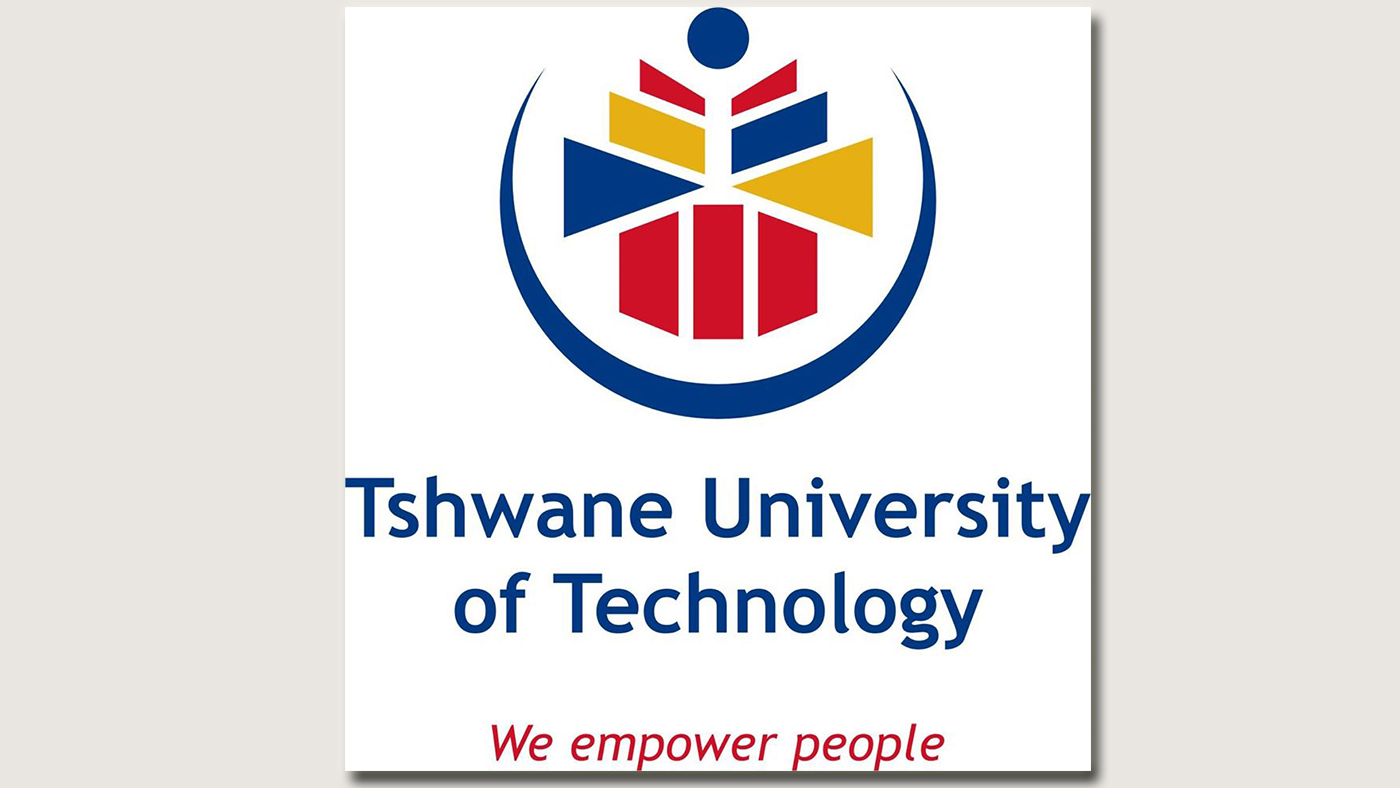Our University was formed in 2004 following the merger of three technikons. Our merger aimed at redressing
the inequalities of the past by providing access to all our communities and an academic home for all our
students.
In that short time, we have grown into the largest contact University in South Africa, with seven faculties
offering programmes in science, engineering and technology, business and management, education, humanities
and the arts.
We have been ranked by Times Higher Education (THE) in 2018 as one of the top 1000 universities globally and
our programmes in engineering in the top 300. THE has also ranked us eighth in South Africa. In 2017, University
Ranking by Academic Performance (URAP) ranked us as the number one University of Technology in Africa.
Equally important, as a people’s university our moral purpose is to be the embodiment and custodian of our
people’s aspirations. This strategic intent is foregrounded by the outcomes of our Transformation Summit held
in 2017 and subsequent Transformation Framework, which was informed by national, continental and global
developmental goals.
Our University provides an academic home for all our people, especially for those who are at the margins of
society, rural and urban, by maximising access to higher education to address our triple challenges of poverty,
inequality and unemployment.
We adopt a decolonial position as our programmes aim to have a liberating effect by ensuring that our
learning becomes a continuum of creation, innovation and technology transfer to serve the aspirations of our
communities.
Anchored in the African philosophy of Ubuntu, we are a caring and compassionate University and a site of
ideation, intellectualism and engaged scholarship to effect social change and transformation.
A people’s university that makes knowledge work
At TUT, we embrace engaged scholarship whereby learning, teaching, research and engagement
is integrated with our everyday realities.
Our University is committed towards breaking down the ivory towers of academia by finding authentic
and enduring solutions to our communities’ most pressing problems.
We empower our graduates by future-proofing them to successfully negotiate the rapidly changing
world of work and make a tangible movement towards civic renewal.

